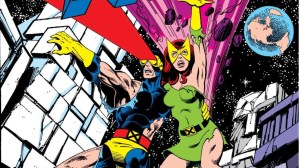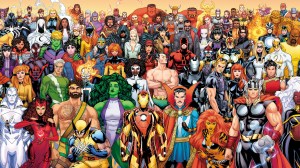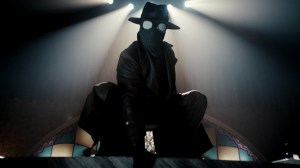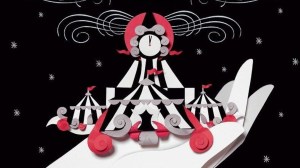The X-Men universe has some of the most complex and morally layered villains in all of Marvel comics, many of whom represent more than just physical threats. Villains like Magneto, whose tragic backstory and survivalist philosophy make him a sympathetic yet ruthless adversary, or Mystique, with her personal struggles, could fit into the MCU’s tone easily because they offer a balance of conflict, relatability, and redemption.
Videos by ComicBook.com
However, the X-Men villains often operate on a darker level, where themes of genocide, manipulation, and identity push the boundaries of what mainstream superhero films can comfortably address. That’s why some X-Men villains, like Apocalypse, feel far too extreme for the MCU. Until Marvel’s cinematic tone evolves to face that question head-on, some of its greatest villains will remain exactly where they belong — in the pages of the comics, too extreme and too honest for the big screen.
7. Selene (The Black Queen)
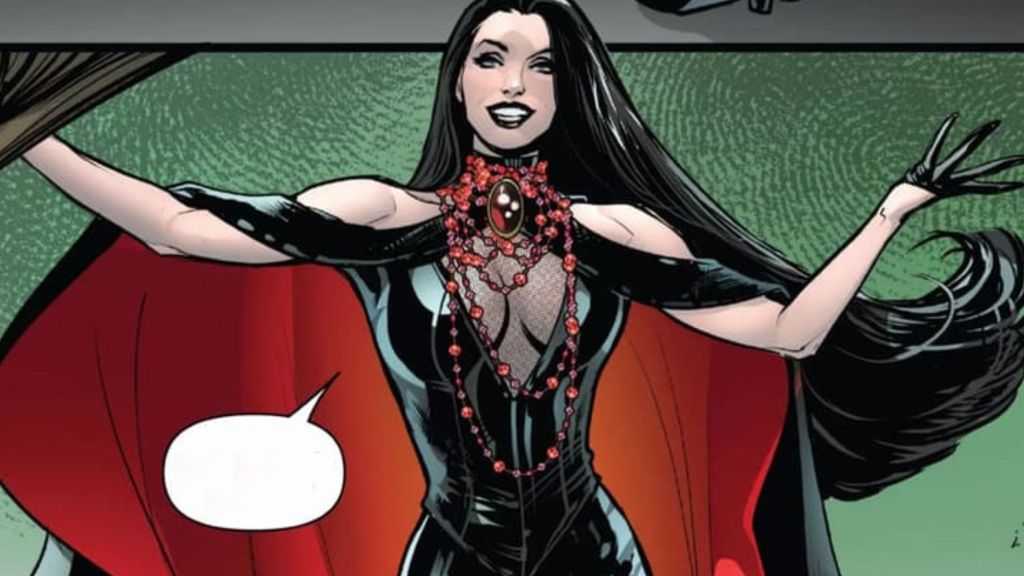
Selene is a 10,000-year-old psychic vampire who sustains herself not by blood, but by draining the life force of others. She predates almost every other mutant on Earth — she’s older than Apocalypse, older than humanity’s recorded history — and she’s easily one of the most chillingly sadistic antagonists the X-Men have ever faced. She’s a sorceress and cult leader rolled into one, and she’s been responsible for centuries of death disguised as worship. During Marvel’s Necrosha storyline, she literally resurrects an army of dead mutants to build her own empire. If Marvel ever dared to bring her on screen in full comic form, it would be their first true step into supernatural horror.
6. Bastion
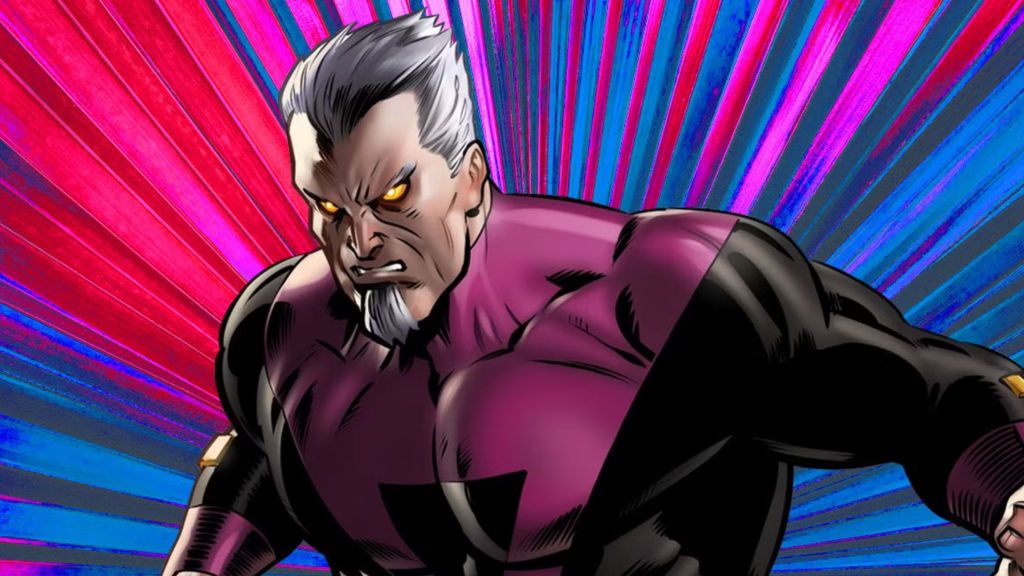
In the comics, Bastion first appeared in the X-Men titles of the 1990s, spearheading Operation: Zero Tolerance, a mutant-hunting campaign that weaponized Sentinels and turned innocent civilians into informants. From a narrative perspective, Bastion embodies everything the MCU has historically shied away from: systemic oppression, fascism, and dehumanization through technology. While Marvel films have touched on “government gone too far” with characters like Ultron or Hydra, those threats are usually externalized. Bastion is the system incarnate. He blurs the boundary between policy and genocide, making audiences uncomfortable in ways mainstream superhero films rarely dare. So yes, Bastion is absolutely too extreme for the MCU as it stands.
5. Stryfe

A time-traveling mutant with unchecked power, Stryfe is the clone of Cable — yes, the same Cable who’s often seen as one of the X-Men’s most capable and morally grounded allies. But where Cable represents discipline and sacrifice, Stryfe is pure rage, vengeance, and chaos. Stryfe is absolutely an X-Men villain too over-the-top for the MCU, and here’s why. First, his origin story is a tangled mess of time travel, cloning, and betrayal. Born as a clone of Cable in a dystopian future ruled by Apocalypse, he was raised as a weapon by the ancient mutant tyrant. This upbringing twisted him into a figure of pure hatred. His biggest storyline, the X-Cutioner’s Song, involves him framing Cable for an assassination attempt on Professor X, unleashing a deadly virus called the Legacy Virus, and nearly tearing apart the X-Men from within. The scope of his plans, combined with his personal vendetta, makes Stryfe a villain who operates on levels of complexity that might overwhelm a typical MCU film.
4. Mister Sinister (Nathaniel Essex)
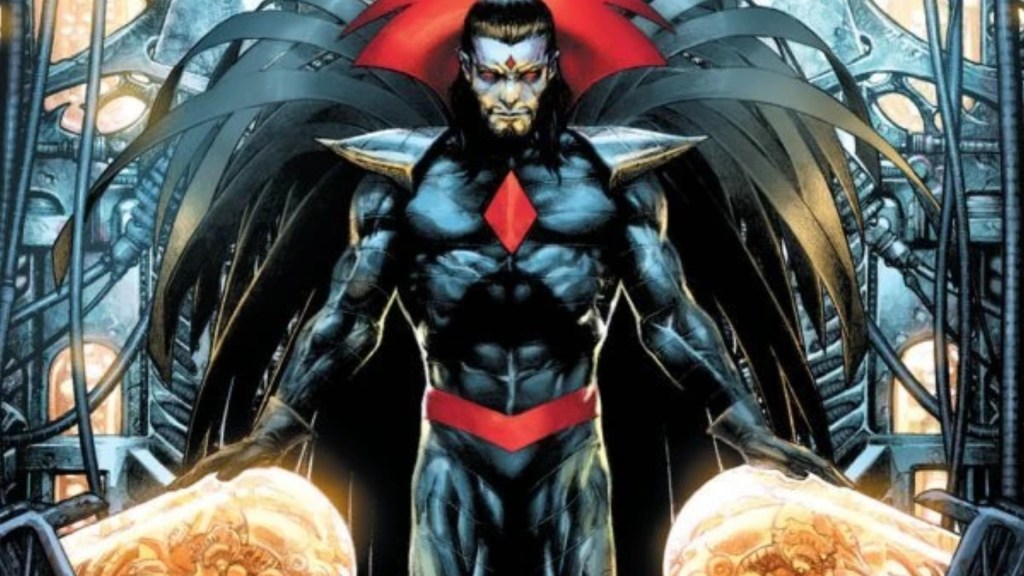
Mister Sinister was born as Nathaniel Essex, a 19th-century British scientist who became obsessed with evolution and the potential of the human genome. His experiments on human subjects were already horrifying, but everything changed when Apocalypse enhanced Essex’s body and granted him immortality. Reborn as Mister Sinister, he dedicated his endless lifespan to creating mutant clones, and orchestrating the evolution of the mutant race to suit his own twisted vision. Mister Sinister is primarily motivated by his own twisted curiosity. There’s no greater purpose behind his actions. That level of nihilistic ambition is difficult to humanize, and it’s hard to imagine the MCU pulling it off without fundamentally changing who Mister Sinister is.
3. Shadow King
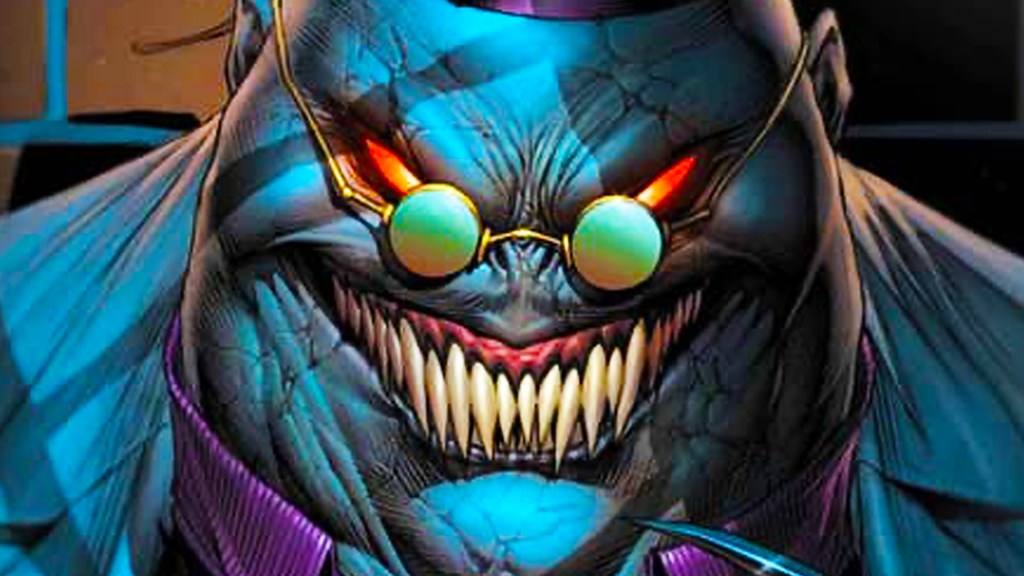
The Shadow King’s first form was Amahl Farouk, an ancient psychic who once ruled Cairo’s criminal underworld before being defeated by a young Charles Xavier. Farouk’s consciousness became a formless entity on the Astral Plane, a dimension of pure thought where he preys upon psychic and emotional suffering. Since then, he’s possessed countless people, including Storm, and even corrupted Xavier’s mind itself. He is less a villain and more a psychic parasite, an evil idea that never dies. To depict him properly, Marvel would need to go full-on psychological thriller with existential and even spiritual undertones, something closer to Legion (the FX series where he was masterfully portrayed) than a standard superhero film.
2. Apocalypse (En Sabah Nur)
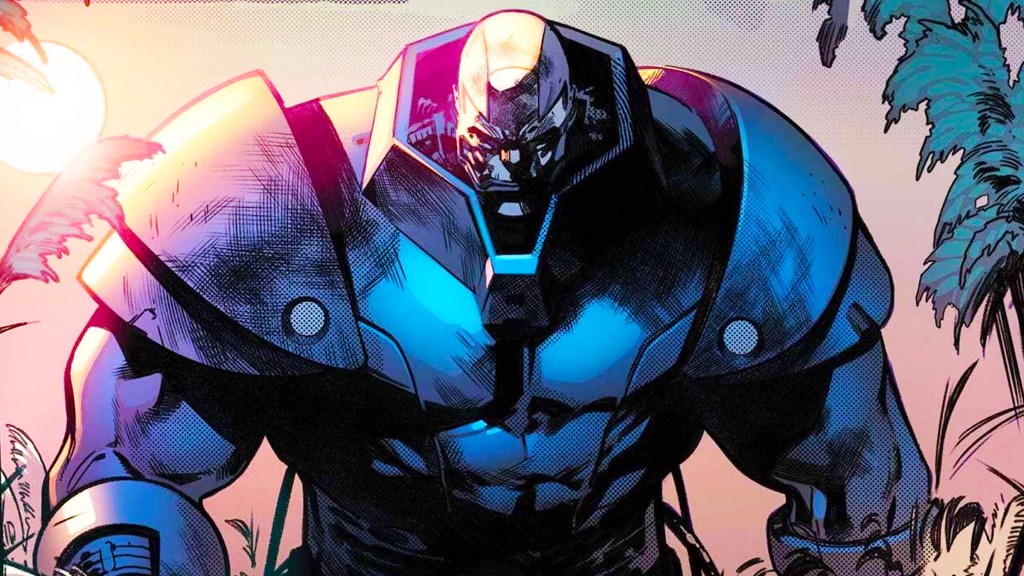
Apocalypse (En Sabah Nur) is the X-Men’s oldest enemy. Born in ancient Egypt, worshipped as a god, and feared as the bringer of extinction, Apocalypse is more than a villain — he’s an ideology given form. His creed is cruelly simple: only the strong deserve to survive. And it’s that very philosophy that makes him far too extreme for the MCU as we know it. Yes, X-Men: Apocalypse (2016) gave us a sanitized version, but the comics’ Apocalypse is something else entirely. He’s crucified mutants to test their worth, enslaved civilizations, and turned powerful heroes into his personal Horsemen through brainwashing and mutation. To do him justice, Marvel would have to evolve, too.
1. Onslaught
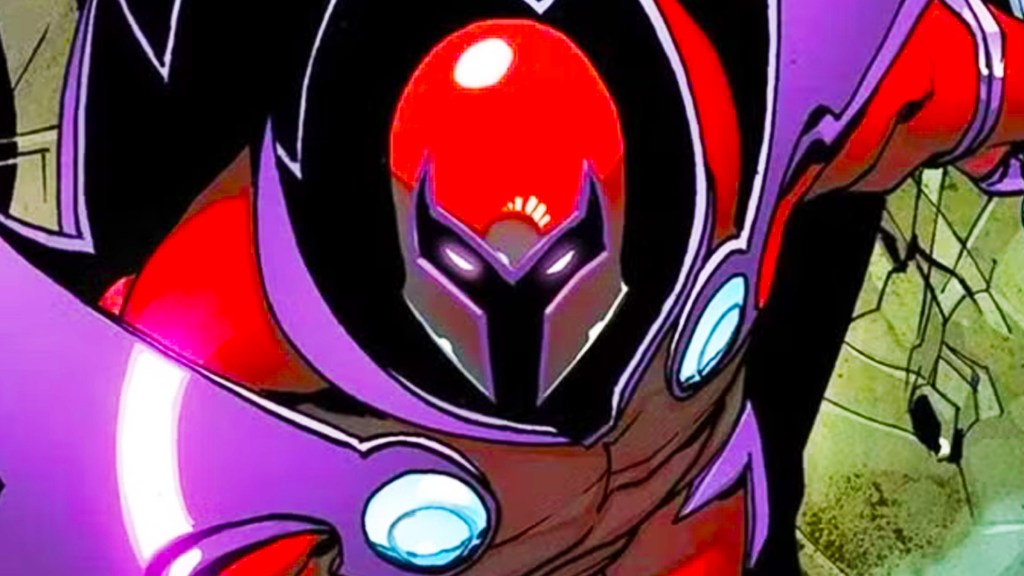
In Marvel Comics, Onslaught was born when Professor Xavier, pushed to his moral edge after years of fighting Magneto, violently shut down Magneto’s mind — absorbing some of his darker emotions in the process. Unbeknownst to anyone, that psychic fusion birthed a new entity inside Xavier’s subconscious. Over time, that entity — Onslaught — grew into a godlike being of psychic energy, with both Xavier’s intellect and Magneto’s ruthless worldview. In the Onslaught Saga (1996–1997), he nearly erased the X-Men, enslaved minds across the globe, and annihilated Earth’s heroes. The MCU could barely manage Thanos’s existential stakes; Onslaught’s would make Infinity War look like a warm-up.
What do you think? Let us know in the comments!

